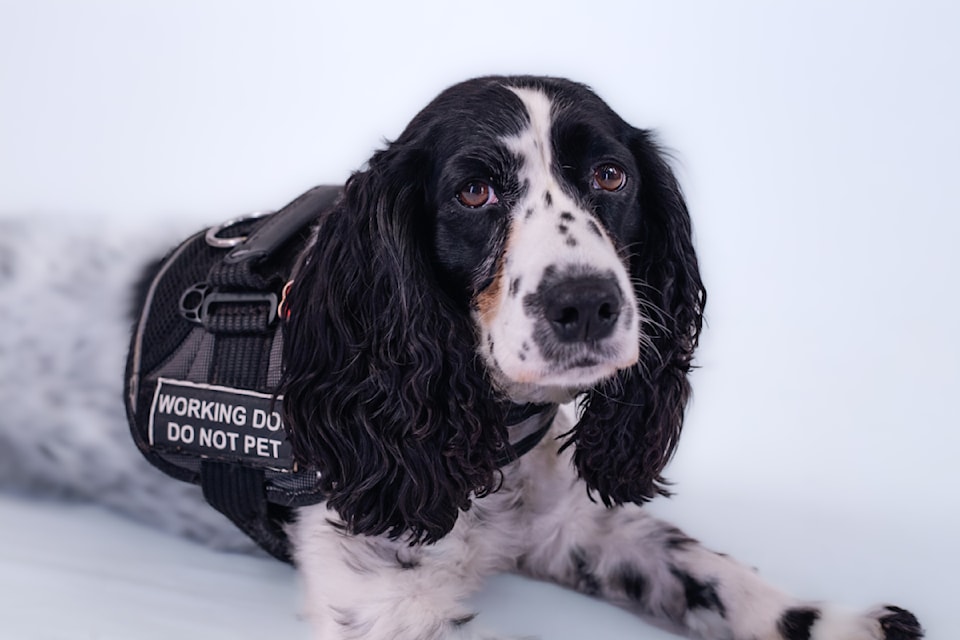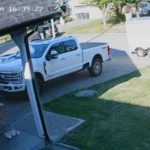Meet River, the bed bug detection dog helping B.C. residents and hotels find peace of mind by sniffing out pests—dead or alive.
Dogs on a Mission Against Bed Bugs
From Victoria to northern B.C., a four-legged detective named River is busy tracking down one of the most dreaded household pests—bed bugs. Alongside her handler, Heidi Wilson, River works with Orkin Canada, using her powerful nose to spot the critters whether they’re alive or not.
Wilson, who has been on the job for 15 years, says the goal is simple: give people peace of mind. River, a Russian spaniel, has been at it for seven years—and she’s one of the best at what she does.
Breaking the Bed Bug Stigma
According to Wilson, there’s a lot of unnecessary shame tied to bed bug infestations. Many assume the bugs show up only in dirty spaces. That’s simply not true.
“We find them everywhere—from hospitals to luxury hotels,” she explains. “All it takes is one hitchhiker bug, and soon it has a whole family.”
Bed bugs are stubborn survivors. They can live up to a year without feeding and reproduce rapidly. A single female can lay up to 500 eggs during her lifetime, often in hidden clusters.
Why Summer Means More Work
This time of year is especially busy. With vacationers moving in and out of hotels, reports of bites increase. Wilson notes that in most cases, the room ends up clear, but the inspection report is vital for guests and managers alike.
Hotels, hostels, medical facilities, apartments, and even worker housing call on the team. Sometimes, though, the job takes them into hoarded homes too unsafe for River. In those cases, Wilson relies on her own eyes before bringing in the dog.
How Dogs Detect Bed Bugs
Detection dogs like River are trained in the same way as those who sniff out drugs or explosives. They learn to identify the scent of live bugs in sealed vials. Once they detect it, they perform a passive signal—sitting quietly—before receiving a reward.
For River, that reward is usually food, though the occasional toy works too. The system makes inspections fast, non-invasive, and highly effective.
Work Hard, Play Hard
Although they’re currently working six days a week, River still gets plenty of downtime. By early afternoon, she’s usually enjoying the sunshine while Wilson finishes reports. Outside of work, the pair loves camping and hiking together.
And when River eventually retires, she won’t be going anywhere. She’ll remain with Wilson—not as a co-worker, but as a forever companion.
“She’s not just a working dog,” Wilson says with a smile. “She’s my dog for life.”


























